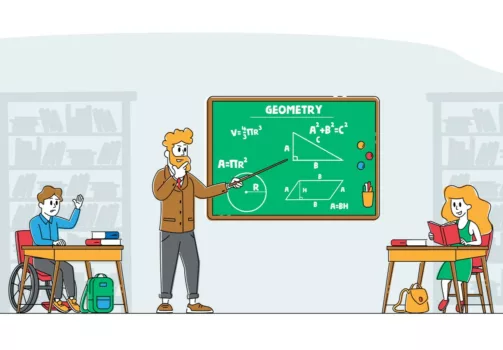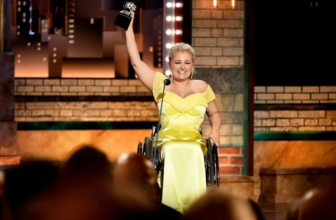Inclusivity in education is more than just a legal or ethical obligation—it’s a fundamental step towards building a society where everyone has equal opportunities. For students with disabilities, access to quality education tailored to their needs can significantly shape their future, including pathways to higher education and employment.
Disability courses play a crucial role in ensuring that students receive the necessary knowledge and skills to thrive in academic and professional environments, empowering them with opportunities that foster independence and success.
The Importance of Inclusive Education
Inclusive education ensures that students with disabilities learn alongside their peers in mainstream educational settings, rather than being segregated. This approach benefits all students by fostering a culture of acceptance, empathy, and diversity. It also helps break down societal barriers and dispel misconceptions about disabilities.
When inclusivity is prioritised, students with disabilities can access the same curriculum and extracurricular activities as their peers. This not only boosts academic achievement but also strengthens social skills, confidence, and a sense of belonging. Schools and universities must ensure that their teaching methods, physical infrastructure, and support services cater to the diverse needs of all learners.
Challenges in Disability Education
Despite the progress made in promoting inclusive education, challenges remain. These include:
- Lack of Adequate Resources: Many schools lack the necessary funding to provide appropriate accommodations, assistive technologies, and specialised staff.
- Teacher Training Gaps: Educators may not receive sufficient training on how to support students with disabilities effectively.
- Social Stigma: Misconceptions and biases may make it harder for students with disabilities to feel fully integrated into mainstream education.
- Limited Career Pathways: Without proper support, students with disabilities may struggle to transition from education to employment, highlighting the need for strong connections with disability employment services and vocational training programs.
Strategies for Enhancing Inclusivity in Disability Education
To create an educational environment where all students thrive, the following strategies should be implemented:
1. Enhancing Teacher Training and Awareness
Educators must have the skills and knowledge to support diverse learning needs. This includes training in adaptive teaching methods, inclusive classroom management, and the use of assistive technologies.
2. Providing Accessible Learning Materials
Course materials should be available in multiple formats, including braille, large print, and digital alternatives that are compatible with screen readers. Captioning and sign language interpretation should also be standard in classrooms.
3. Improving School Infrastructure
Physical accessibility is essential in promoting inclusivity. Schools must have ramps, elevators, accessible toilets, and ergonomic classroom furniture to cater to students with mobility challenges.
4. Encouraging Peer Support and Awareness
Inclusive education isn’t just about policies and resources— it also requires fostering a culture of empathy and understanding among students. Peer mentoring programs can help bridge gaps, allowing students to support one another and build meaningful connections.
5. Strengthening Pathways to Employment
Collaboration between educational institutions and disability employment services can ensure students with disabilities have clear career pathways. Internship programs, vocational training, and mentorship opportunities can provide practical experience and boost employability.
The Future of Inclusive Education
Promoting inclusivity in disability education is an ongoing process that requires commitment from educators, policymakers, and society as a whole. By investing in inclusive teaching strategies, accessible infrastructure, and strong support systems, we can create a learning environment where all students have the opportunity to succeed. Education should empower every individual, regardless of their abilities, to reach their full potential and contribute meaningfully to society.
By fostering inclusivity today, we pave the way for a more equitable and diverse future.
Holding dual degrees in Business Marketing and Commerce Accounting, Josh brings more than half a decade of experience to his role as National Marketing Manager at Breakthru, based in Brisbane, Queensland. His life's journey has uniquely equipped him to serve in this vital position.
Raised alongside his younger sister Katey, who has Down Syndrome, Josh has gained an intimate understanding of the challenges and societal stigmas associated with disabilities. This personal connection fuels his commitment to the mission of Breakthru— to empower individuals like Katey to access the resources and support they require to live fulfilling lives. Through his role at Breakthru, Josh aims to break down the barriers and dismantle the misconceptions that often surround people with disabilities.








